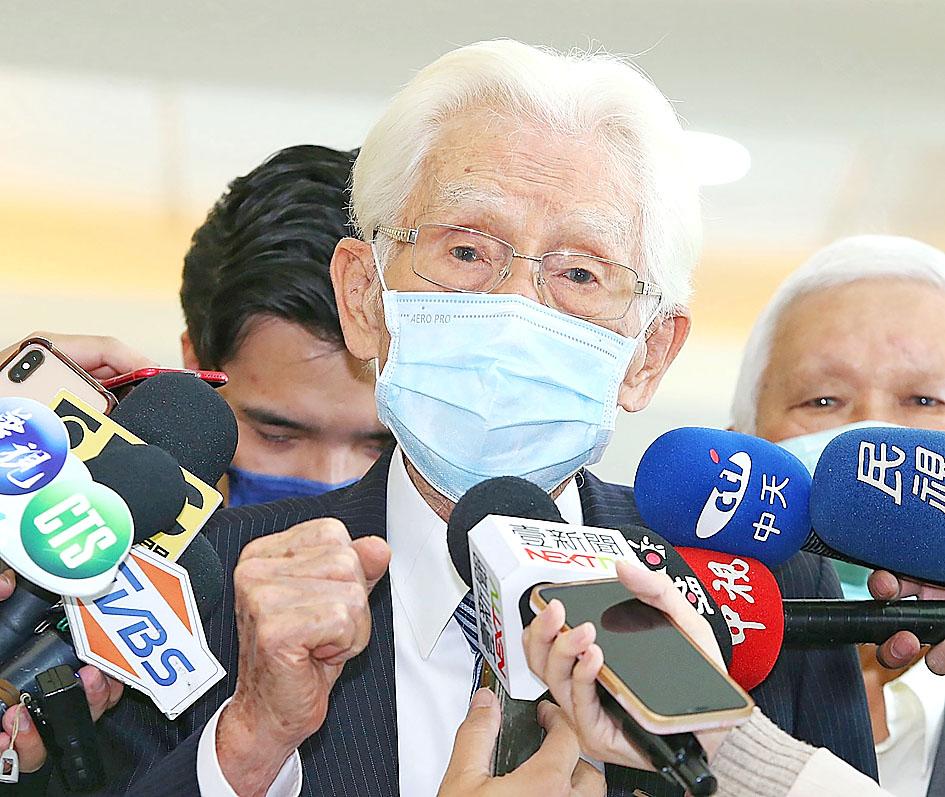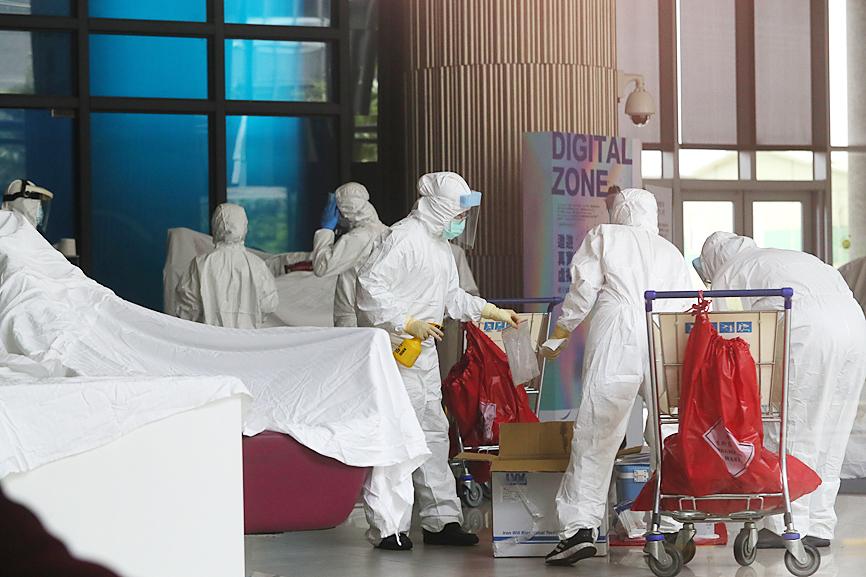Taiwan New Constitution Foundation founder Koo Kwang-ming (辜寬敏) yesterday said he would quit as Presidential Officer adviser over the Democratic Progressive Party (DPP) government’s lack of progress in normalizing Taiwan as a state.
|
|||
|
|
|||
| Page 299 of 1529 |
Newsflash
|
Taiwanese human rights advocate Lee Ming-che (李明哲) yesterday confessed in a court in China to attempting to subvert the Chinese government, according to videos of his trial released by Chinese authorities, although his wife refused to recognize the court’s authority. |













